Is a villa holiday in Italy expensive? How much does a holiday in Italy cost?
Italy is a hugely popular country to visit and it’s certainly not as expensive to holiday in as many other European countries. A villa holiday in Italy is certainly far cheaper than holidaying in the UK. There are a number of things you need to factor into your holiday cost planning. In our latest blog post, we’ve tried to think of all the things that you need to budget for to help you plan as effectively as possible. And we’ve shared our top tips for how you can save a few pennies without compromising on the quality of your holiday. I think you’ll soon agree with us that a holiday in Italy doesn’t need to break the bank!
Travel Insurance
Wherever you are travelling from, it is absolutely vital to purchase travel insurance before your trip. It’s always wise to be prepared for the unexpected and it’s vital that you have good coverage in place should your holiday not go quite as intended. International travellers visiting Italy will also need to ensure that this insurance has a minimum cover of €30,000 to meet the Schengen Visa requirements. And for non US residents needing a Schengen Visa, travel insurance will need to be purchased before this visa will be issued. It’s impossible to give a figure on how much insurance will cost you as it will differ based on age, health conditions and other variables. But as a rough guide, it’s worth assuming that it will cost you between 3% and 10% of your total trip cost. To receive a quote on travel insurance from the USA to Italy, take a look at Travelex.
On the plus side, should you need medical assistance, the Italian healthcare system is excellent. It will provide Emergency Medical Assistance to anyone, irrespective of nationality without the requirement for payment up front.
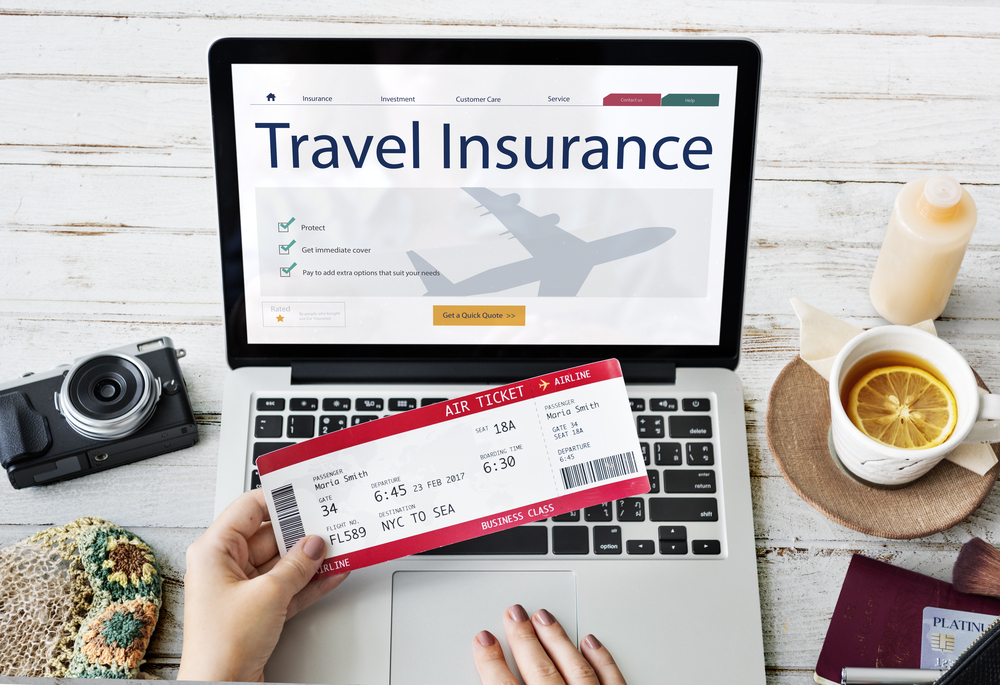
However, be aware that some holidaymakers will be required to make a contribution to the costs of medical care, hence the need to ensure you have travel insurance in place to cover this.
EU citizens should also carry an EHIC (European Health Insurance Card) with them at all times which provides them with free treatment in Italy.
Accommodation
Accommodation costs can easily be the biggest expense for anyone travelling to Italy. However, Italy has plenty of accommodation options to choose from and there should be something suitable for all budgets. Some of the cheapest options in the Italian countryside are agriturismi which are farm-type stays. In Italian cities, you can also find hostel style accommodation for those on the smallest budgets. At the other end of the spectrum, you can opt to stay in some of the world’s most expensive hotels in the world – The Four Seasons in Florence, the Gritti Palace in Venice or the Villa d’Este on Lake Como for example. So, whilst an average hotel in Italy for 2 people is around €130 euros per night, of course, you can spend less or more than this if your budget allows.
To give you an idea of the breadth of choice available with villa rentals, Italy villa rental specialists Bookings For You have options starting from as low as 25 euros per person per night and going up to 215 euros per person per night. As a result, we recommend that you start your search with a clear budget per night in mind and search for accommodation options that stick within these parameters.
As a general rule, you’ll typically find that apartments and villas in Italy offer better value per head than hotels. And if you are trying to visit Italy on a budget, then think about the time of year you visit in as well. Prices will typically be most inflated across July and August. Prices will be cheapest across the Winter months but it’s also worth opting to travel in the Spring and Autumn when the prices are lower but the weather is arguably more pleasant. In cities, you’ll usually find that costs are higher the closer the accommodation is to major attractions so another way to save money is to try to avoid staying in the city centre and opt for something in the suburbs instead.
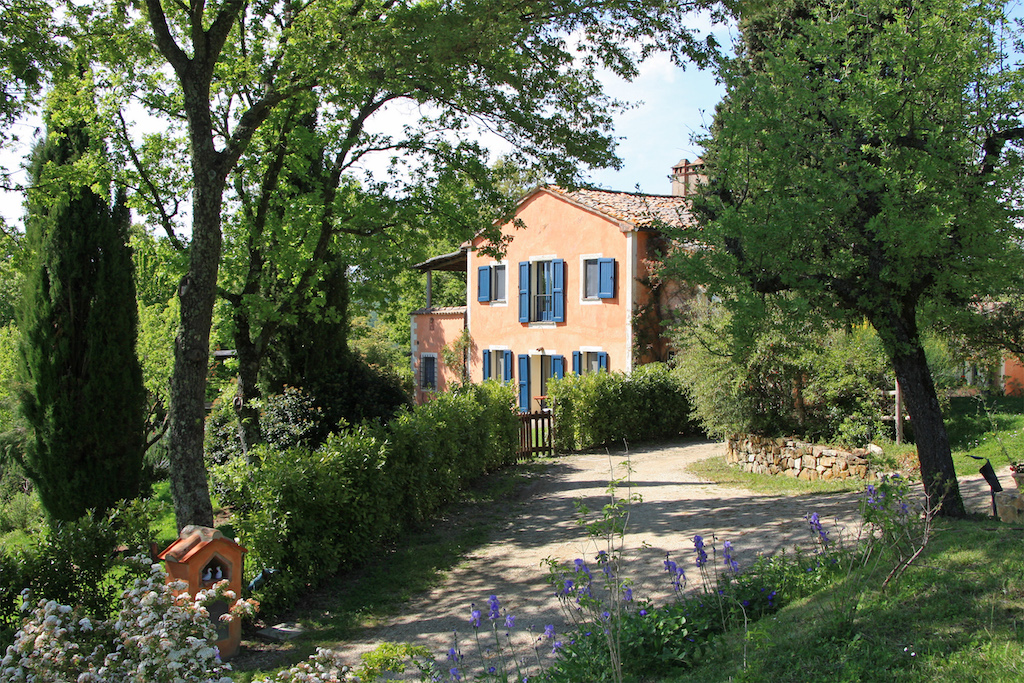
If you’re looking for a villa rental in Italy, then Bookings For You is definitely the place to start your search. However, if you prefer to opt for a hotel in Italy, we can recommend a few sites to start your search including Expedia, Opodo and Agoda. These are great sites offering some of the best deals not just on hotel accommodation but also on car hire and flights.
Please note that you will often have to pay a local tourist tax on arrival at your accommodation provider so make sure your factor this in too. The rate does depend on the city or area you are staying in but is usually no more than a couple of euros per person per night. Under 12s and over 65s are often exempt from paying these taxes.
Car Hire
If you’re planning to hire a car during your stay, then the best piece of advice is to book it as early as possible. Car hire prices only ever go up so the more in advance you are able to book, the cheaper it will be for you. We recommend Auto Europe to get the best price on your car hire in Italy. As an added bonus, they usually offer the option of free cancellation so if your plans do change, then you can rest easy, knowing that you can easily amend your booking without incurring any penalty charges. Car hire will be much more expensive in peak season than off season and prices are definitely higher post pandemic than they were before. I would say that, off season, you’re probably looking at a starting price of around €150 per week for a mini size vehicle but this can easily increase to four or five times this amount during July and August.
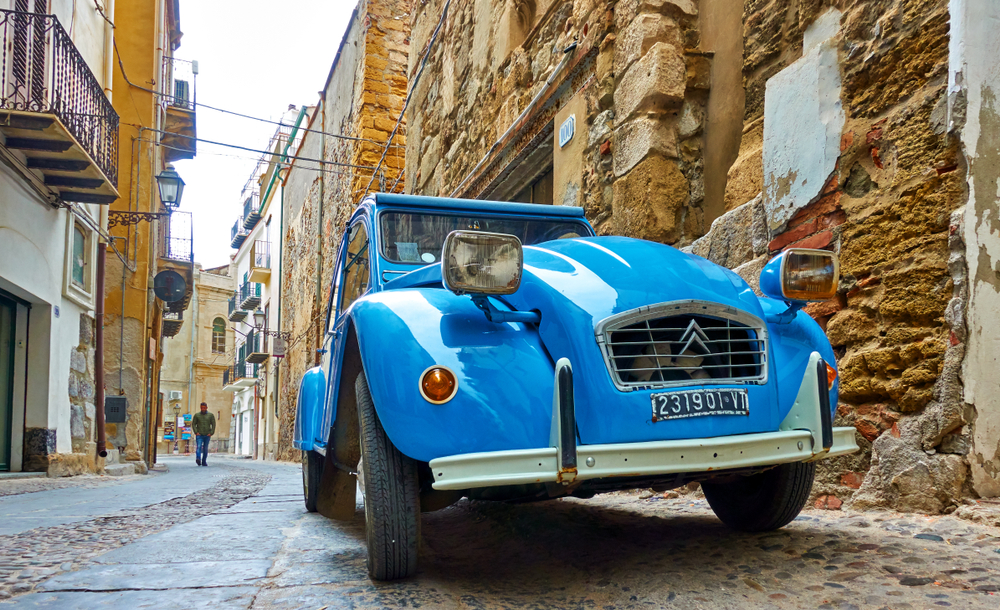
If you want to save money on your car hire in Italy, then we have a couple of top tips. Firstly, don’t go for a larger car than you need. It’s typically much easier driving a small car in Italy – many of the streets are very narrow – so work out the smallest vehicle that will comfortably accommodate your passengers and their luggage. Also be aware that manual cars will be significantly cheaper to rent than an equivalent automatic vehicle.
Another cost you need to factor in when hiring a car is road tolls. If you plan on using Italian motorways (autostrada), road tolls are common. Some of these are now automated and you will need to log in online to pay any outstanding tolls. Others are still manual with payments made with either cash or with a credit card at an attended booth or via a machine. If you want to plan all aspects of your spending ahead of your trip, you can use this online toll calculator to work out the costs for your journey. (Please note that you will see Telepass as a payment option at tolls but this can not be used by foreign visitors to Italy).
And of course, if you’re hiring a car, you will also need to factor in the cost of fuel. At the moment, petrol costs approximately €1.70 per litre.
The other thing you need to make sure you avoid when hiring a car is getting fined and incurring unnecessary travel costs. One of the ways people most frequently get caught out and incur fines is driving into historic centres which have a ZTL (Zona a Traffico Limitato or Limited Traffic Zone) in place. A ZTL restricts entry to certain historic parts of towns and cities to residents with special permits. Cameras record anyone entering without permission and fines can be issued at any point in the following 12 months. By the time these fines reach you via your car rental agency, a pretty big administration fee has also been added.
Local transportation
The other option is to use public transport to get out and about in Italy. The bus, train and ferry networks in Italy tend to be very easy and straightforward as well as being relatively inexpensive. In Italy’s major cities, you may also find a metro and tram system to help you get out and about.
Train fares can be checked and tickets booked at the Trenitalia website. There are 3 main types of trains in Italy – high speed trains (Le Frecce and Italo), intercity trains which connect cities across Italy but have a few stops en route and, last but not least, interregional, regional and local trains. These trains are slower, stop at more places and tend to cover shorter distances. Prices vary between the types of train, with the high speed trains typically costing three times as much as a slower regional train. Prices also vary dependent on when you book your train fare. Try and book in advance as this will be much cheaper than booking on the day.
It’s now also possible for foreign tourists to buy a Trenitalia train pass if you’re intending to make multiple journeys during your holiday in Italy. The pass needs to be activated within 11 months from the time of purchase and is available for 4 different travel options: either 3 or 4 journeys within a consecutive 7 day period (starting from between €129 and €157), 7 journeys within a 15 day period (€246) or 10 journeys within a 30 day period (€319). Discounts are offered for senior and youth travellers aged between 12 and 28 years old. Or it’s possible to pay more and upgrade to different levels of travel.
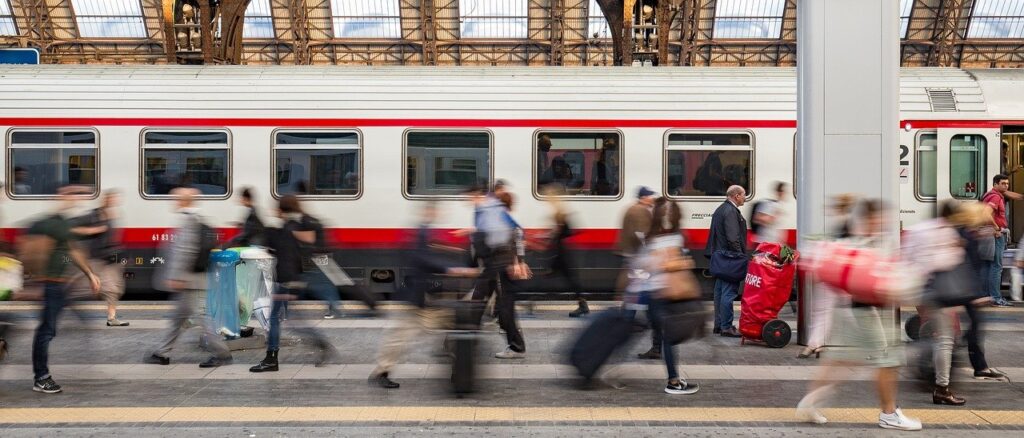
As a general rule, bus and coach fares are cheaper than taking the train. As an example, a single trip from Milan to Rome with FlixBus could cost as little €9.99. By train, you’re usually looking at a cost of €55 or more. However, you are looking at a journey time of more than 7 hours by bus and as little as 3 hours by train so it’s a case of weighing up whether it’s worth paying a bit more to get there a bit sooner. Just be aware that it can also take a little longer to get your head around how the local bus system works. Italy has several bus and coach companies, with different companies operating in different regions. Some may only operate transfers from airports. There is some excellent information on buses in Italy on The Trainline website.
If you are heading to the Italian Lakes region, then you will find ferries run regularly to and from all the towns and villages. The ferry timetable and prices for boats on Lake Como, Lake Garda and Lake Maggiore can be found at the Navigazione Laghi website.
Taxis tend to be much more expensive than other public transport options.
More information about using public transport in Italy can be found on our guide to travel in Italy.
Flights
Along with accommodation, flights will also probably be one of your biggest bits of expenditure, but clearly this will depend on where you are travelling from. Like with car hire, it’s worth booking flights as early as possible to get the best prices. We recommend checking prices on Expedia to ensure you enjoy the very best rates.
Meals, food and dining
Of course meals in Italy can vary enormously in price. However, if you’re needing to have a firm budget in mind to plan your Italian holiday, we’d recommend you work on a cost of €50 per day for food. Breakfast prices are usually very cheap. You can still enjoy a coffee for as little as €1 however budget twice this to be on the safe side, whilst a pastry should also be just a couple of euros. Be aware that it’s cheaper to eat standing at the bar than it is to sit down. If you’re looking for a panini or something similar for lunch, €10 should cover it, leaving you with €36 for dinner. This should allow you to enjoy a 2 course meal with house wine. Of course, you can easily spend more than this in high end restaurants but if you’re working to a budget, you’ll find lots of options within this price range.

One important thing to note is that, unlike in many other countries, you also aren’t expected to leave a hefty tip at the end of a meal which helps when you’re on a budget. Leaving tips is becoming more common but it’s not widespread like in the US or UK and it’s certainly not expected by waiting staff. We always think it’s a nice gesture to show appreciation of good service though but a tip of 10% would be considered more than sufficient.
If you’re looking for the best prices, as a general rule, it’s wise to try and avoid restaurants that have a menu in English outside or which are situated extremely close to major tourist attractions. Just by heading a few streets back from the principal tourist sites in a city, you will probably save around 15% on the menu prices.
You may also want to consider joining in Italian culture and partaking the evening custom of aperitivo. Typically between 6 and 8 in the evening, cafes and bars offer complimentary snacks with any drinks ordered. Sometimes this may just be some crisps and olives, however in other places it can be a full buffet! It’s one of our favourite things about Italian culture, but, for those on a budget, it’s actually also a great way to save a bit of money on food!!!
Tours and attractions
Italy is a country packed full to the brim with art and historical culture and I challenge anyone to visit without wanting to explore at least some of its museums and attractions. Museum prices will vary dependent on whether they are state run or privately owned. To give you an idea of potential costs, the Uffizi in Florence charges approximately €35 for an adult, it’s €16 for an adult to enjoy admittance into the Colosseum in Rome and €18 to climb the Leaning Tower of Pisa.
Always check to see if you can secure a discount on entry – most places will offer student discounts or discounts for those over 65. It’s also worth remembering that if you’re in Italy on the first Sunday of the month, then there are hundreds of museums, palaces, gardens and other stated owned attractions which grant free entry. And if you’re visiting Italy’s main cities, it’s also worth taking a look at whether it’s worth purchasing a City Card. If you’re going to be visiting a number of historical attractions in one particular place, this can work out to be a cheaper (and more convenient) option.
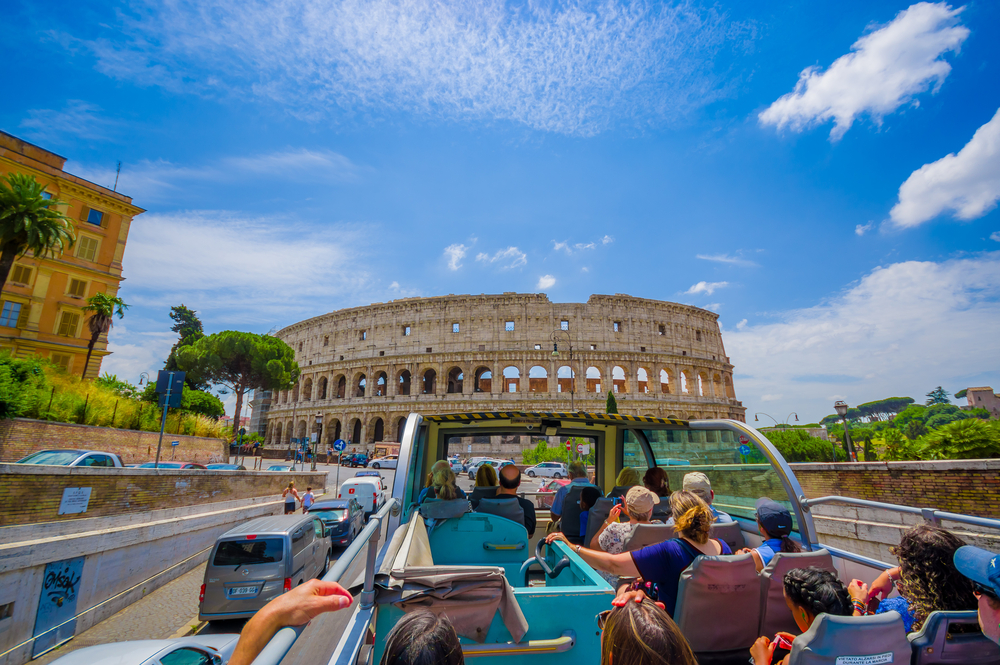
If the budget can stretch, then it’s always worth setting aside some money to enjoy some guided tours or excursions during your holiday in Italy. Guests invariably tell us that these will be the most memorable parts of their stay and it’s worth splashing out on at least one during your holiday. We recommend Get Your Guide who offer excellent value tours and experiences as well as skip-the-line entry tickets for attractions.
Souvenir shopping
We’re big fans of buying at least one souvenir to take home with you after any trip. But, of course, souvenirs don’t need to be expensive. If you can, it’s worth setting aside €100 for souvenirs but this isn’t by any means essential.
Internet access and mobile phone charges
You don’t need to budget much for internet and mobile phone usage during your stay. There are three main network providers in Italy – Tim, Vodafone and Wind Tre. Iliad is the newest network provider in Italy but their stores are still much harder to find than the top three players in the market. Your mobile phone should work in Italy however, if you are travelling into Italy from outside the European Union, we recommend you triple check that you have an international call package in place with you provider before visiting. Once there, do make sure that data roaming is switched off. Otherwise, you may have a nasty surprise in the form of an expensive bill awaiting you when you get back home!
You should find that your accommodation will have WIFI but, if you are staying in a rural area, just be aware that the internet speed may not be as fast as you are used to. Not all cafes and restaurants will have WIFI though.
Instead of using your own phone, you may prefer to purchase an Italian SIM card to save on data roaming charges. You simply need to make sure that your phone is unlocked and head into any cell phone shop with some form of photo ID and ask for a prepaid SIM card. The €24.99 SIM from TIM tends to come most highly recommended and offers excellent value. If you need to top up your credit during your trip, just visit any tabaccaio or supermarket, ask for a ‘ricarica’, tell the shopkeeper who the mobile phone provider is and how much money you would like to top up with. The good news is that all the prepaid sim cards in Italy allow FREE EU roaming. That means that, if you buy a SIM card in Italy and travel on to other countries within the EU, you will be able to use your voice, text and data allowance there as well for no extra cost.
We hope this has been a helpful guide to discovering how much a holiday in Italy costs. Of course, there is no hard and fast rule. It’s a country that allows people with a whole host of different budgets to holiday in very comfortably indeed. If you’re looking for the perfect villa in Italy on a specific budget, then do get in touch with Italy villa rental experts, Bookings For You.


